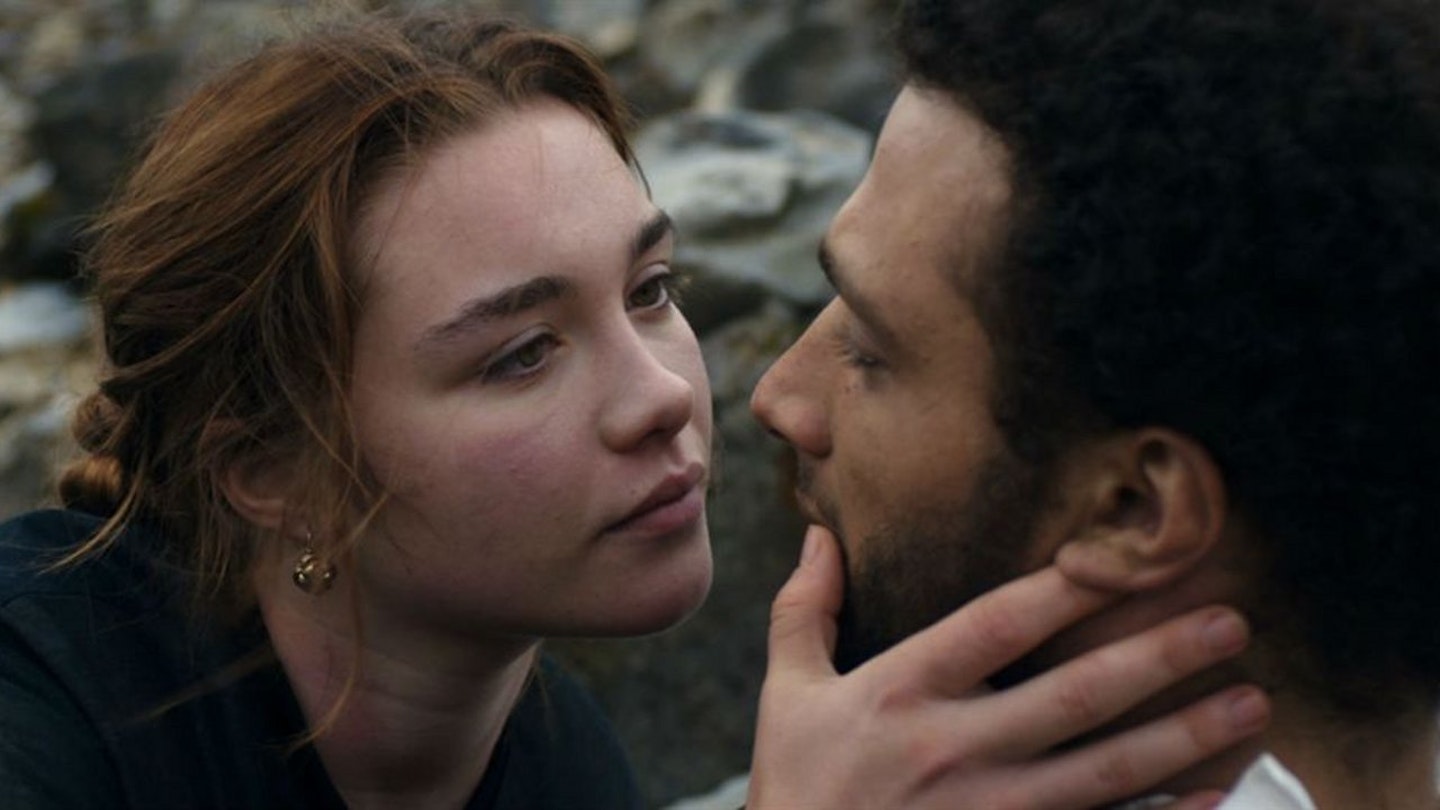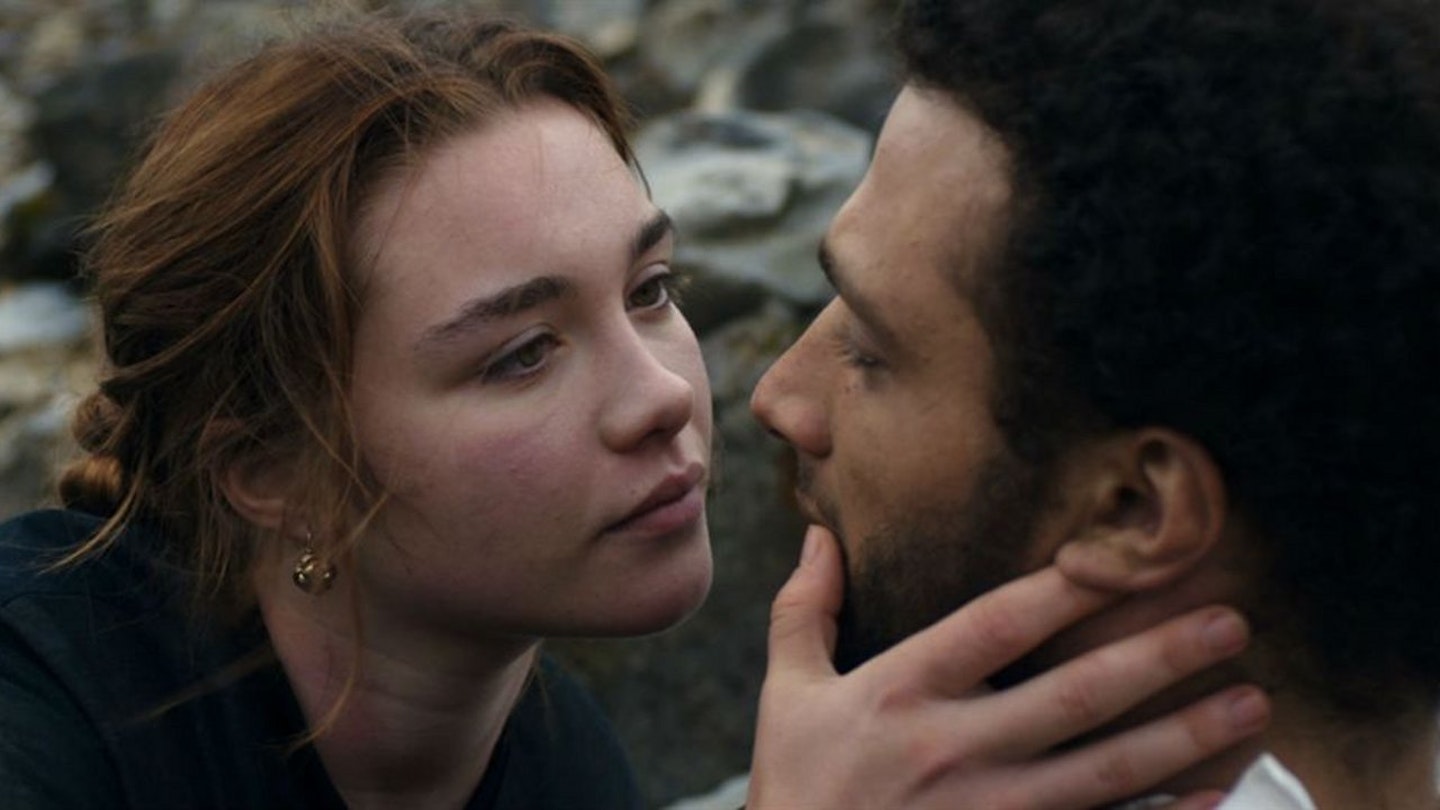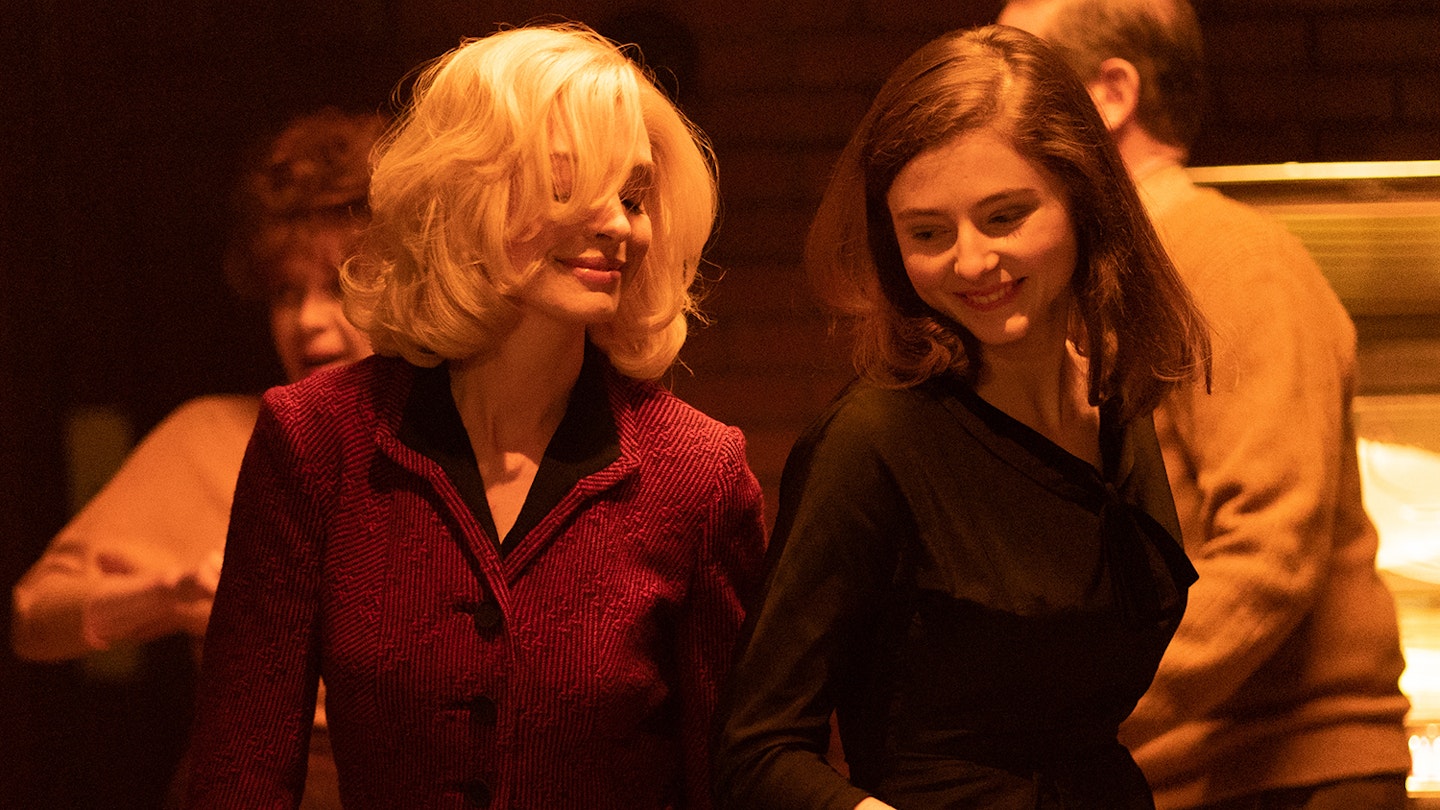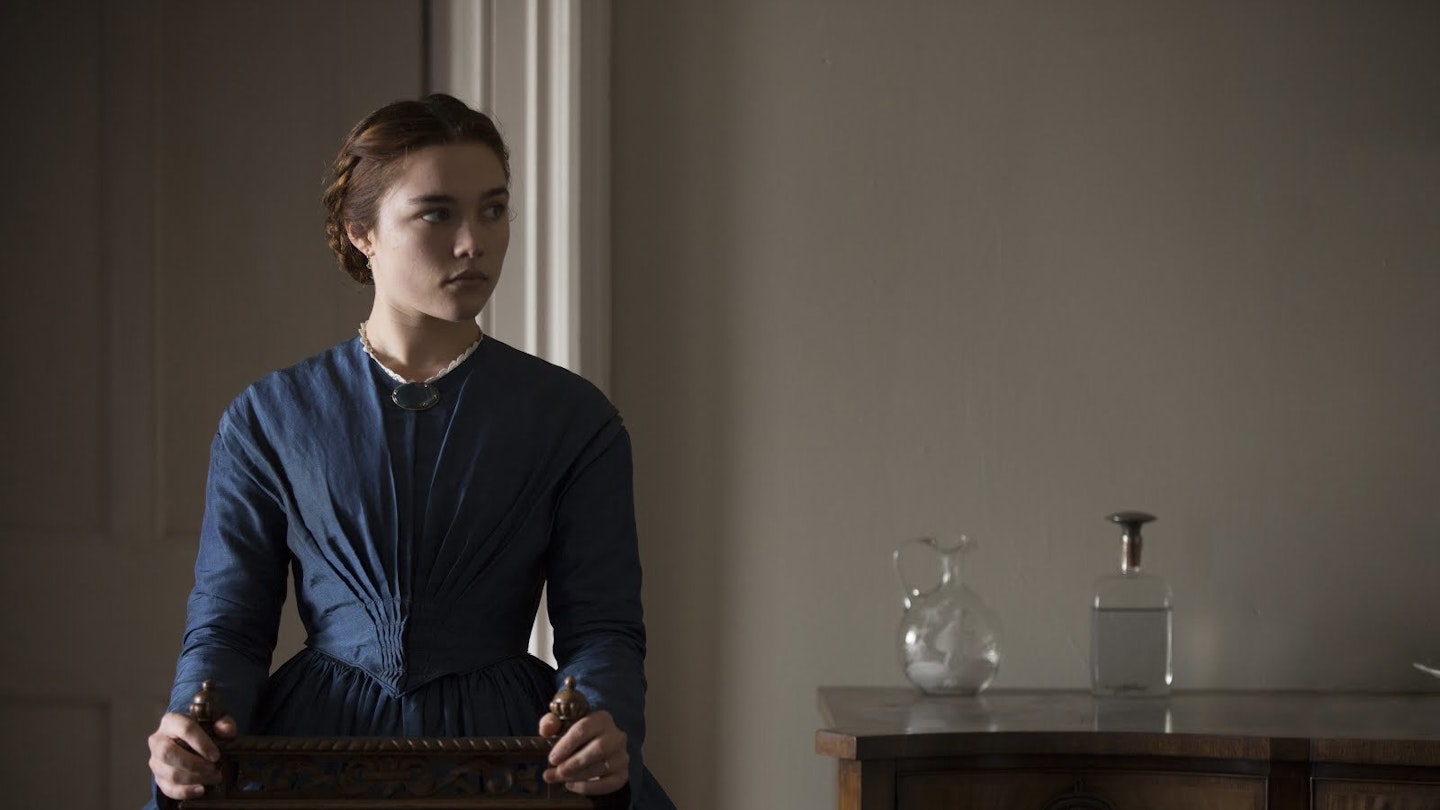Despite the title, there’s nothing Scottish or Shakespearean about this tale of murderous Victorian passion. Playwright Alice Birch based the core plot on Nikolai Leskov’s 1865 novella Lady Macbeth Of The Mtsensk District, but her first screenplay also invokes the spirit of such ill-fated literary heroines as Madame Bovary, Thérèse Desqueyroux and Lady Chatterley. Yet the clearest influence on theatre director William Oldroyd’s feature debut is Andrea Arnold’s sombre 2011 take on Emily Brontë’s Wuthering Heights, which explored the historical British attitudes to gender, class and race that persist today.
An intelligently scripted and imposingly played costume noir.
Although she has been sold into marriage to meet a family debt, Katherine (Florence Pugh) is never a distressed damsel in a Gothic fairy tale. She may be rejected by Alexander (Paul Hilton), a man twice her age, on her wedding night, but she also spurns the sympathy of her near-mute black maid, Anna (Naomi Ackie), and deeply resents her God-fearing disapproval when she begins flaunting her affair with uncouth groom Sebastian (Cosmo Jarvis). Moreover, when reprimanded for her reckless adultery, Katherine turns to murder, revealing the full extent of her scorned fury.
Much of the power of this punishingly austere picture comes from then 19-year-old Florence Pugh’s arresting performance. Her transition from reluctant bride to cunning psychotic may owe as much to penny dreadfuldom as Anna’s overly convenient mutism, but Katherine’s self-possessed defiance towards Alexander and saturnine father-in-law Boris (Christopher Fairbank) is as natural as her delight in the moors and her emancipatory lust for Sebastian.

In only his second role, singer-songwriter Jarvis is more persuasive as a swaggering stud than a sacrificial lamb, but he is just as much a victim as the playthings Kika Magalhaes keeps chained up in Nicolas Pesce’s The Eyes Of My Mother. Indeed, the two films have much in common through their visual restraint and heightened use of sound. The thud of boots on bare floorboards starkly conveys the shabby grandeur of the setting (actually Lambton Castle in Durham) as ably as Jacqueline Abrahams’ spartan décor. Holly Waddington’s laced-up costumes reinforce the restrictive nature of Pugh’s existence, but the formal symmetry of the furnishings is contrasted with the untamed romanticism of the surrounding countryside in the same way that Alexander’s stilted self-arousal is juxtaposed with the wild abandon of Katherine’s love-making with Sebastian.
Despite being besotted with him, Katherine still uses Sebastian as a pawn in her power game. And the ending is all the more disturbing because not only has she challenged the established patriarchy of the society she exists in, the only way she could find to overcome it is by adopting its exploitative hypocrisy for her own ends.








